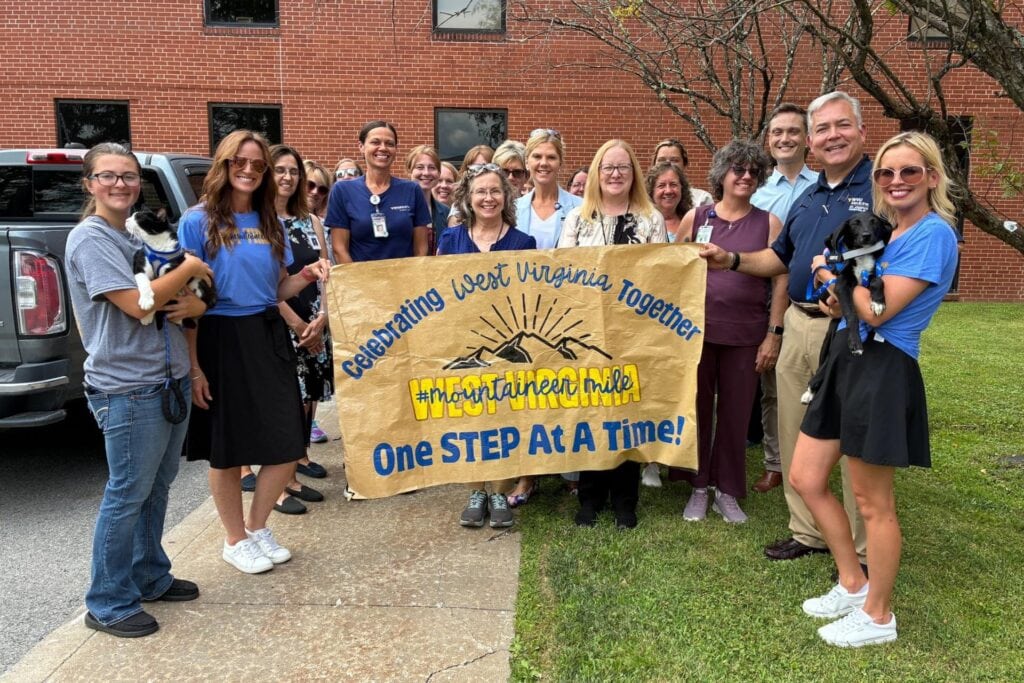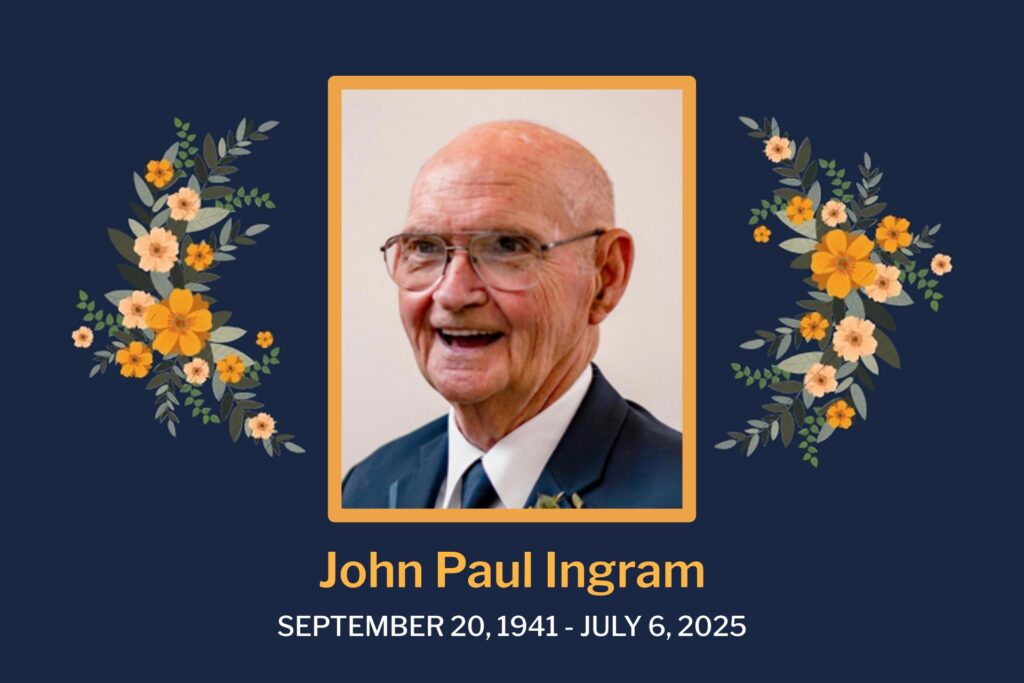West Virginia University will merge the College of Creative Arts and the Reed College of Media to create a new college focused on the future of arts and media education as part of a strategic repositioning of the entire WVU System for success in a challenging collegiate landscape.
“We are committed to investing in initiatives that put our students first by aiding their recruitment, retention, persistence and graduation. This new college will serve as a hub of creative activity and experiential learning. It will be a cornerstone of West Virginia University’s future,” President Gordon Gee said.
While this merger also presents an opportunity for administrative efficiencies and cost savings, Provost and Vice President for Academic Affairs Maryanne Reed said the real benefits of the merger exist in the creative and innovative collaboration ahead.
“This particular merger is exciting for the future of our academic portfolio and creative scholarship at WVU,” Reed said. “Both colleges already have strong programs that emphasize hands-on learning through creative and strategic storytelling. By bringing together the faculty expertise of both units, WVU can distinguish itself with dynamic programming in areas such as digital media, interactive arts and game design to prepare students for the jobs of today and the careers of tomorrow.”
The Office of the Provost conducted benchmarking research across peer and regional institutions this spring and found that many already align similar programs in a single college, including New York University, Northeastern University, Purdue University, University of Colorado Denver, Central Michigan University, University of Montana, Emerson College, Marquette University and Marshall University.
Specifics of the new WVU college, including its name and how it will be structured, have yet to be determined. Leadership from the Reed College of Media and College of Creative Arts will begin working this summer to map out the potential structure for the new college. The Provost’s Office will present the merger to the Board of Governors for its endorsement during the June 23 meeting.
“This new college has the potential to be a leader across WVU and the state for its innovative focus,” Reed said. “But for this new combined unit to grow and flourish, it will require the input and shared vision of key stakeholders, including faculty, staff, students and alumni. There will be ample opportunity to participate in helping to shape the future direction of this new college and define its purpose, vision and strategic goals.”
During the 2023-24 academic year, several working groups will be assigned to address the various aspects of the merger, such as academic programming, promotion and tenure guidelines and practices, fundraising, communications and student support services. These groups will provide opportunities for employees, students and alumni from both colleges to engage in the planning process. Students currently enrolled in either college will not see their degree programs affected by the merger.
Academic restructuring opportunities have been under consideration for the past two years as WVU has focused on transforming its academic enterprise following the December 2020 charge from President Gee. In May 2021, the University announced plans for the first significant merger of two colleges with the creation of the new College of Applied Human Sciences. Both mergers are part of the University’s overarching academic transformation initiative designed to create a more focused and relevant academic portfolio, eliminate redundancies in programming and practices, and identify opportunities for efficiencies and cost savings.
Find updates regarding the University’s transformation efforts, including those related to non-academic and other operational areas which began nearly a decade ago, at the University Transformation website.














